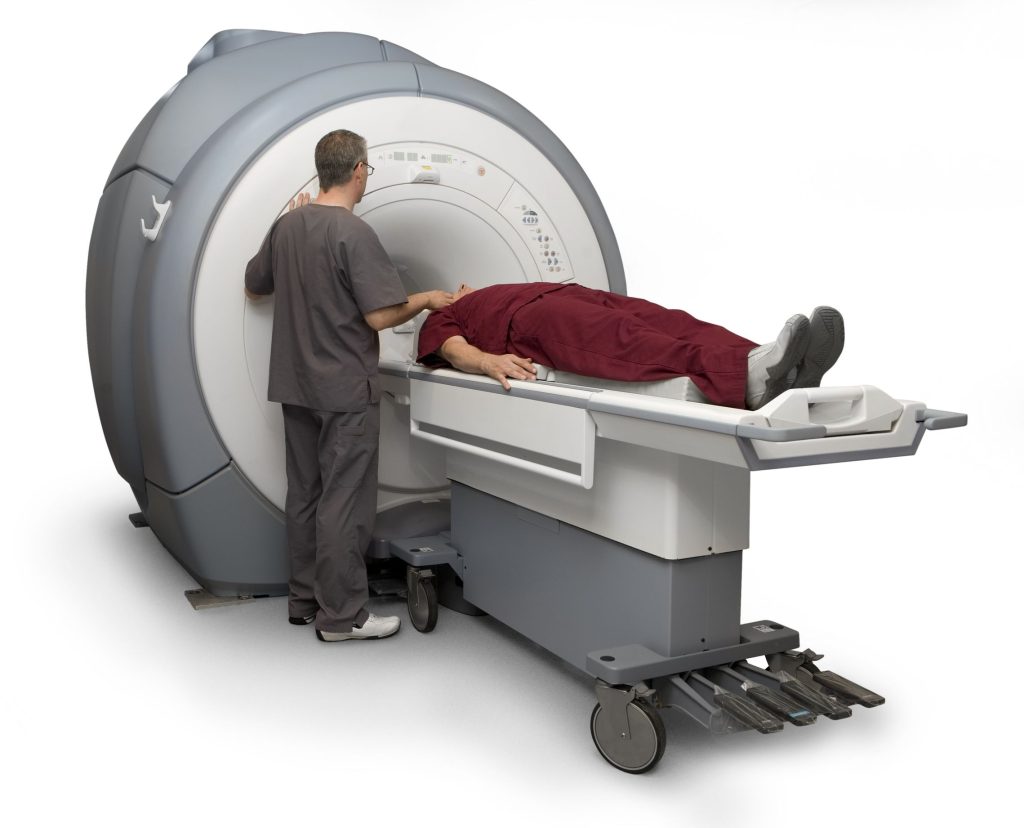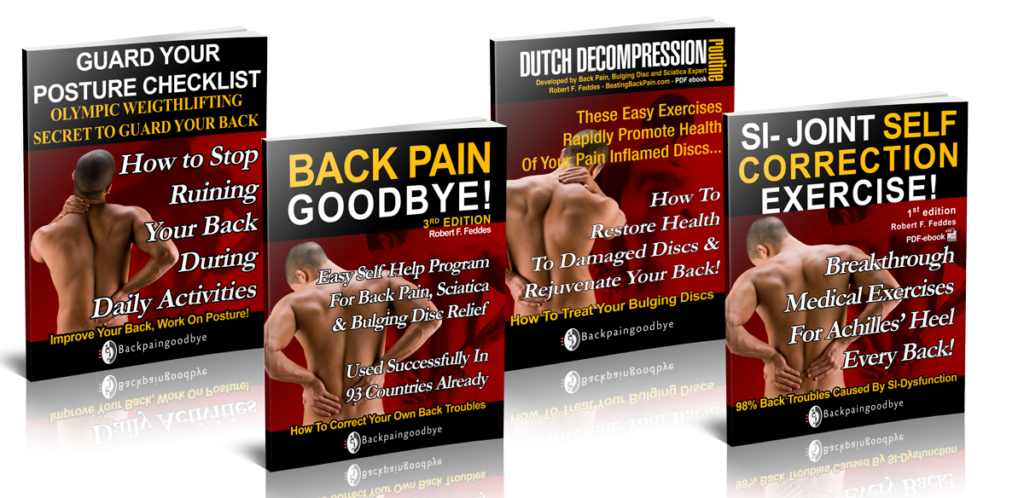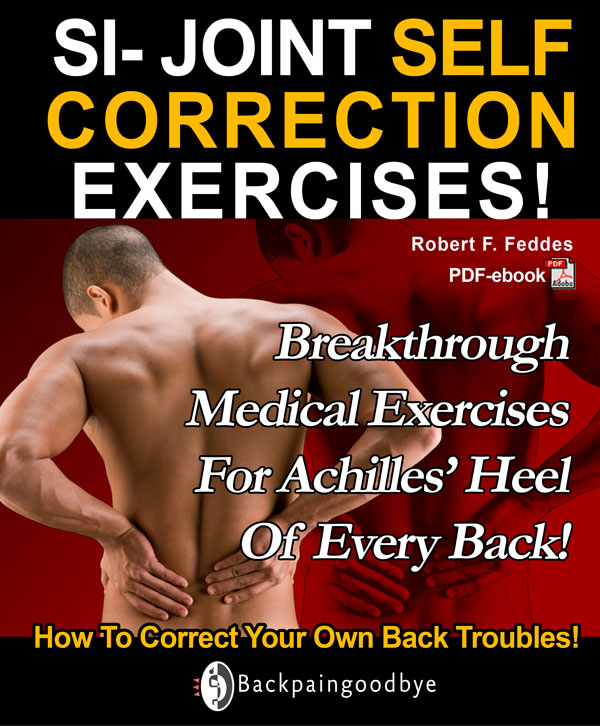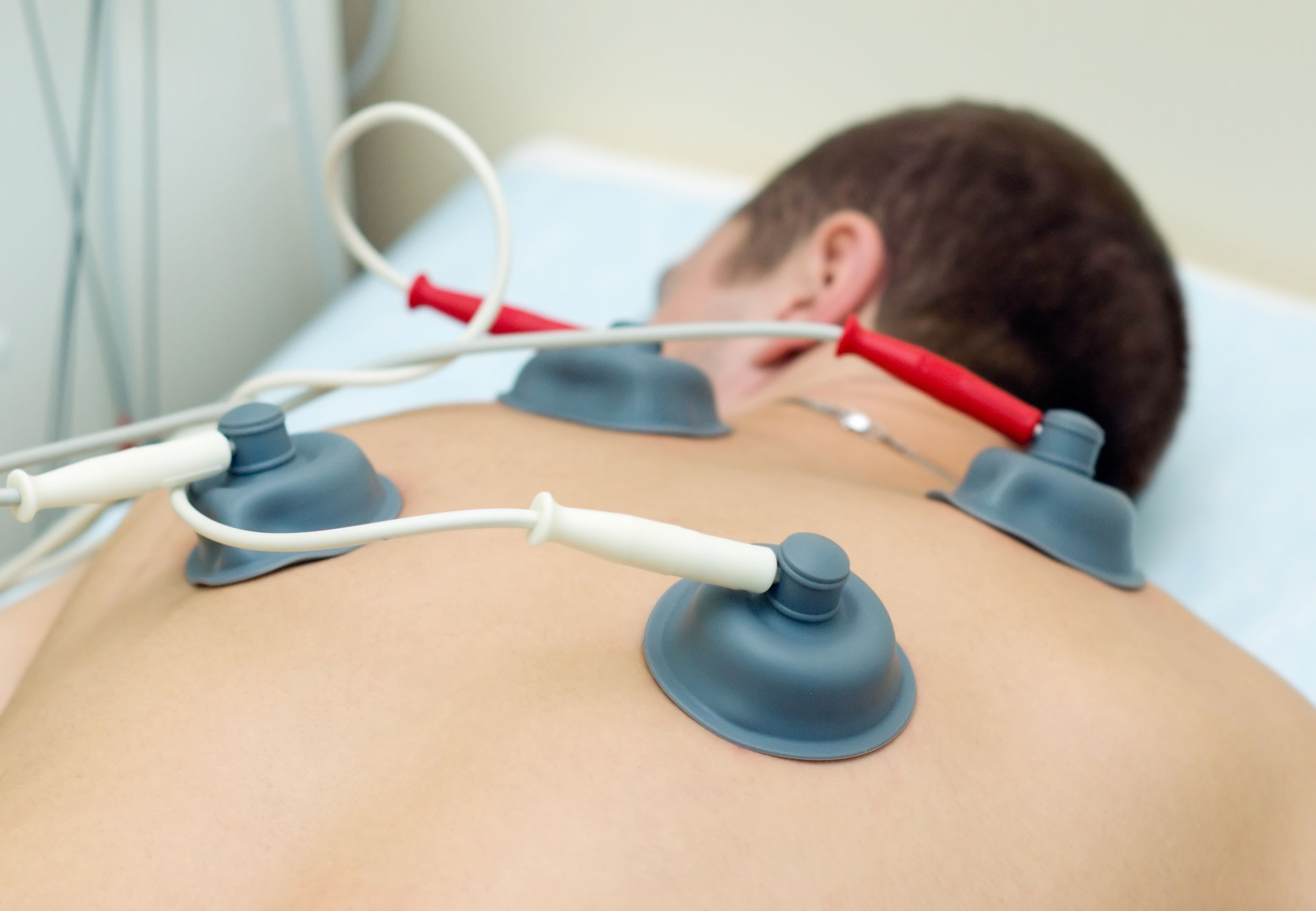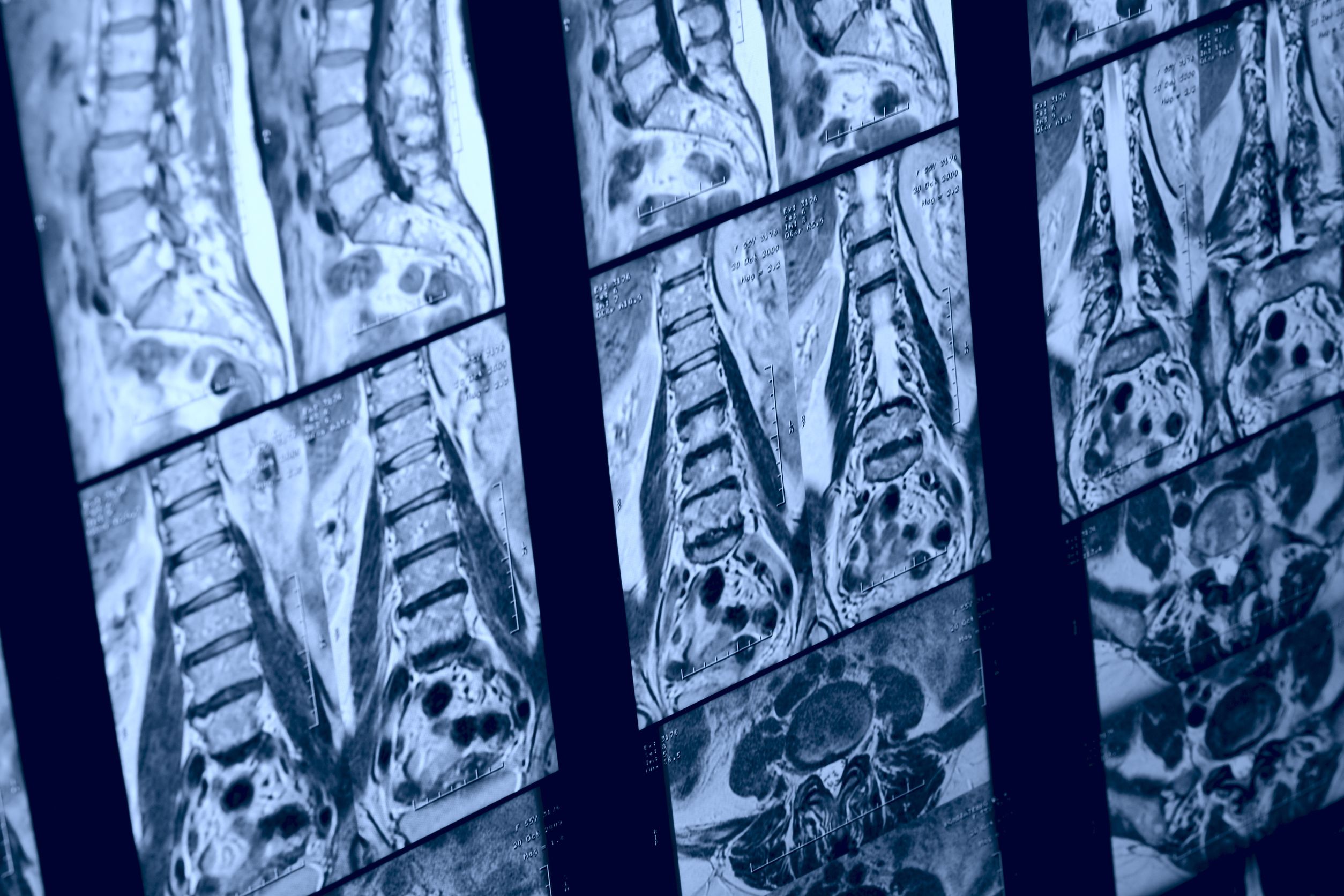Sometimes you read interesting stuff in the newspaper…
…I found an interesting article in the “Life & Welfare” section of the ‘Nederlands Dagblad’ (Dutch Daily News) of Wednesday September 26th 2007.
It was about the difficulty of diagnosing back pains. If you have seen many doctors or therapists and have been told that nothing can be found and that therefore no treatment is deemed necessary or possible, you probably know what I am talking about.
MRI Scan – Correct Diagnosis?
Diagnosing is not easy. And to give an answer to the question whether or not to perform surgery in case of a herniated disc is not easy either.
Maybe you think that if only an MRI would show a disc herniation, your troubles will come to an end, if only a little bit of surgery would be performed…
…but before you jump to this conclusion, maybe first read what a dutch neurologist has to say about this…
‘Most of the time it is good that surgery is not performed that easily, because surgery definitely does not always solve the problem’, according to neurologist Ernest Wouda of the St. Lucas Andreas Hospital in Amsterdam. He says it’s a common misunderstanding that a disc herniation always leads to serious complaints.
20-35% Of The Dutch Population Has A Herniated Disc
Wouda states in the article: ‘As neurologists we are not really focused on the difference between back pain and a herniated disc. We first and foremost want to know if there is a nervous sensation in the body that is responsible for the complaints in the back or leg, either by an infection or by a mechanical blockage. Most disc herniations don’t give any complaints at all. Of a random group of Dutchmen, 20 to 35% has a herniated disc, meaning a protrusion of an intervertebral disc in the spine – but without complaints.’
Isn’t that interesting? This means that one out of three to five people has a herniated disc without even knowing it, and they don’t know, simply because there is no pain to point to any trouble!…
And without pain, people are most likely not seeking help.
But what if you do suffer chronic back pain? What if you have a herniated disc – and also pain – and the neurologist refuses to perform surgery?
Wouda doesn’t offer an MRI scan to everyone who visits him with back complaints. ‘Because when a patient sees on the scan that he or she has a herniated disc, he or she will demand surgery. And if I refuse because I think that surgery will do nothing to solve the cause of their troubles, you see that people just go and shop elsewhere. You can always find a doctor (if not here, then abroad) willing to ‘help’ a patient. Help in quotes, because it remains to be seen if somebody with back pain really benefits.’
Wouda will first find out, using a special series of diagnostic questions, if his patient’s troubles really originate with a herniated disc. Neurologist Wouda says he can be sure in 99 out of 100 cases. And if it is not a herniated disc that is responsible for the back problems, he thinks it is better not to perform surgery. The question remains: what should we do instead?
MRI Scan – Sense And Nonsense Of Diagnostics
During a recent symposium by the Dutch Association of Back Patients, the Spinal Column (NVVR), it turned out that many people have this very same question: what to do instead of surgery? Enough reason for the Association to really start thinking about sense and nonsense of diagnostics.
Only 10% Of Back Problems Has A Known Cause
The Association invited professor Bart Kroes of the Erasmus University to clarify the issue. Kroes explained that only 10% of (lower) back problems can be called specific back pain.
Meaning there is a known cause, for instance a tumor or a bone fracture. In all other cases, we have non-specific back pain: there is no clear cause, which makes consequent treatment so difficult.
Doctor Can Not Do Much For 90% Of Back Patients
When there are no specific causes, like cancer, a trauma, an infection, or a herniated disc, there is not much a doctor can do. At best, you are advised to keep moving. Subsequently, the patient winds up with a plethora of information from advisers, physiotherapist and specialists, and gets lost in the woods. The result is that people keep struggling for years with the same problems.
When there is a clear relation between pain problems in the leg and the herniated disc, a neurologist will usually perform surgery. Wouda thinks it is wise to wait if there is no clear relation. Very often the trouble will solve all by itself, for instance because the pinched nerve will find new space.
Now, we understand that all this sounds very unsatisfactory. What if you are one of the 90% in which the cause is not clear so that medical science cannot easily help you?
Maybe Beatingbackpain.com Can Do Something About Your Back Complaints
We said before that current ways of diagnosing back troubles (for example with an MRI scan) will not show the cause of your troubles, but this does not mean there is no cause!
Recent research points more and more to the connective tissue in our bodies as the culprit in chronic pains. In case of chronic pains we see chrnoic inflammation of the connective tissues, and that does not show up on MRI’s. So thanks to new research we learn more and more about why we hurt and what to do to leave our hurts behind again.
Beatingbackpain.com wants to help you discover that there are indeed discernible causes for your pain. And we want to present a solution for people with back complaints.
In our simple self help books you will learn how your back works, what goes wrong in your back, and how you can work yourself on solving your own back problems.
So don’t despair when your MRI scan shows no clear problem whatsoever, your pain is real, has a cause AND a solution.
And if you want to try out a solution that has already helped thousands heal their back pains and herniated discs, then why not click on the picture below?

